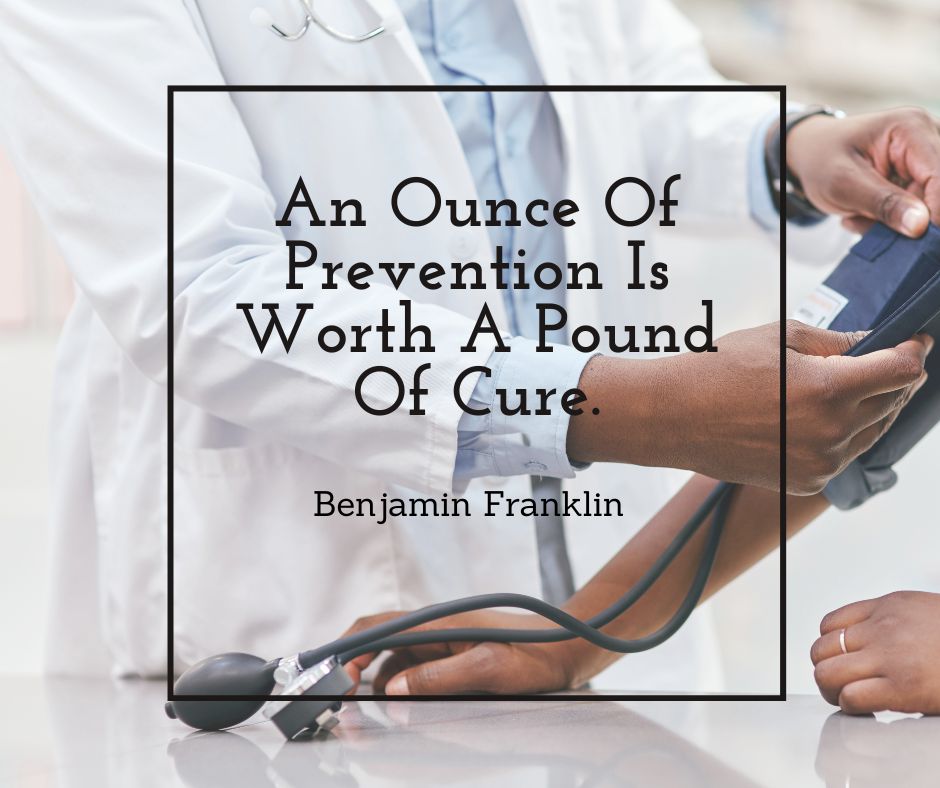an ounce of prevention is worth a pound of cure." as Benjamin Franklin once famously said.
In the hustle and bustle of our daily lives, it's easy to overlook subtle signs our body may be giving us about our health. Many people wait until an emergency occurs, rushing to overcrowded emergency rooms when often, early detection and intervention could have prevented the crisis. The vital first step in this preventive approach? Regular check-ups with your primary care physician.
The Benefits & Role of Primary Care:
In conclusion, your health is an invaluable asset, and primary care is your ally in maintaining and improving it. Regular check-ups, combined with a proactive approach to lifestyle choices, can significantly reduce the risk of health crises. It's time to prioritize your well-being; don't wait for the sirens to remind you of its importance.
Primary Care: More Than Just a Routine Visit
Primary care serves as the frontline in population health, focusing on the overall well-being of individuals. It's not just about diagnosing and treating illness, but about building a relationship with your providers, understanding your health risks, and taking proactive steps towards a healthier future.- Decreased Emergency Visits: Studies in 2023 show that individuals who regularly visit their primary care physicians have a 20% lower chance of visiting an emergency room compared to those who don't.
- Better Chronic Disease Management: 60% of Americans have at least one chronic condition. Those with regular primary care oversight report better disease management and quality of life.
- Cost Savings: Regular primary care appointments lead to a 15% reduction in overall healthcare costs, translating to billions of dollars saved annually.

